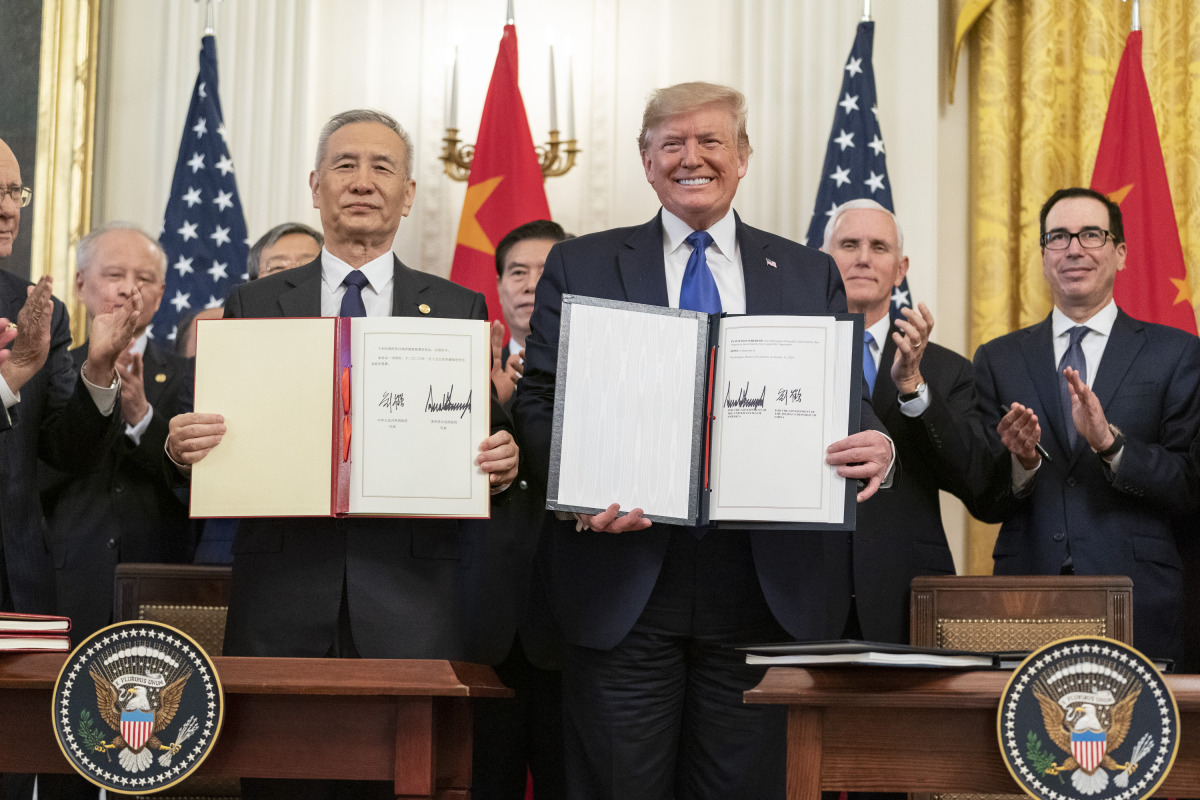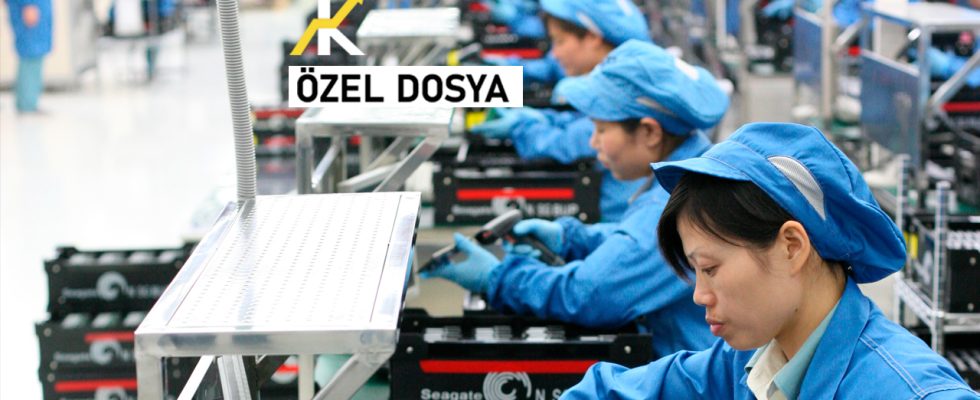Described as the factory of the world, China is trying to return to its old days in production after the long-lasting Covid-19 shutdowns. After the end of the closures, the interest of Western companies in China continues from where it left off. Elon Musk, the owner of Tesla, which has a factory in the country, recently paid a visit to China. During this visit, Elon Musk met with officials from the Beijing administration and exchanged ideas about his investments in China. On the other hand, US financial institution JP Morgan hosted a conference in Shanghai where it came together with 2,500 customers. Many companies such as Tesla and JP Morgan are increasing their visits to China. However, despite the end of the Covid-19 epidemic, the latest developments in China started to make Western companies and business people think.
Companies are intimidated by the espionage laws regarding the protection of company and personal information, which China has enacted and greatly expanded last April. Within the scope of these laws, investigations are started against some Western companies and business people. The Beijing administration has given Chinese intelligence broad powers to enforce these laws. These laws are so open-ended that even a simple e-mail can cause a Western company to be investigated.
The US-imposed restrictions on Chinese and companies doing business in China since the administration of former US president Trump have already made it difficult to do business in China. According to a study, nearly 9,000 companies have been affected by the US restrictions on China to date. Now, China’s new espionage laws are putting companies in even more trouble.
Since the China-US trade tension…
In March, Chinese authorities raided the Beijing office of US corporate due diligence firm Mintz Group, arresting five local staff for breaching data security. It was also noteworthy that the arrests came just after the spy balloon crisis between China and the USA. Then, another US consulting firm, Bain’s office in China, was investigated for similar violations.
Chinese state television broadcast footage of the raid by the Chinese police on the offices of Capvision, a multinational research firm, in May. Not only companies but also business people are subject to investigation within the framework of this law. One of the country’s most famous bankers was detained in recent months.
Companies that have been investigated or raided by the Chinese police have made statements that they will cooperate with the Chinese government. Mintz stated that he “always operated in a transparent manner in accordance with laws and regulations,” while Bain said he was cooperating appropriately with Chinese authorities. Capvision has promised to steadfastly abide by China’s national security rules.
Even the legal documents required in most business deals are now becoming cumbersome for Western companies doing business in China, from writing a simple email to exchanging bank account information. The owner of a law firm, who declined to be named, who commented on the matter, says that technically he can no longer correspond with his partners in China. If a Chinese joint venture company has ties to the government, any information about the company can be classified as a state secret.

In January 2020, then-US President Trump and Chinese Vice Premier Liu He signed the first phase of the trade agreement. Photo: The White House
Some companies are considering developing software that will parse all information exchanges, including contracts and emails, to prevent accidental data leakage. In addition, these companies will likely need to hire and train people to review any data that has been marked as sensitive by the computer. Experts liken this to the anti-money laundering systems that banks and other multinational companies began implementing more than a decade ago. In addition, companies provide training to their personnel who will work in China on how to behave in the event of investigation or detention.
However, some companies started to restrict their activities in China instead of taking precautions against this situation. US technology company Sequoia Capital has decided to part ways with its Chinese arm, which will become a separate company. Microsoft, on the other hand, moved some of its artificial intelligence units from China to Canada.
There is no hope in foreign companies that the situation will improve. “There is no expectation that the regulatory environment will really improve over the next five years,” Jens Eskelund, President of the EU Chamber of Commerce in China, said in a statement.
Sources: The Economist, CNBC
Risk Disclosure: The articles and articles on Kriptokoin.com do not constitute investment advice. Bitcoin and cryptocurrencies are high-risk assets, and you should do your own research and due diligence before investing in these currencies. You can lose some or all of your money by investing in Bitcoin and cryptocurrencies. Remember that your transfers and transactions are at your own risk and any losses that may occur are your responsibility. Cryptokoin.com does not recommend buying or selling any cryptocurrencies or digital assets, nor is Kriptokoin.com an investment advisor. For this reason, Kriptokoin.com and the authors of the articles on the site cannot be held responsible for your investment decisions. Readers should do their own research before taking any action regarding the company, assets or services in this article.
Disclaimer: Advertisements on Kriptokoin.com are carried out through third-party advertising channels. In addition, Kriptokoin.com also includes sponsored articles and press releases on its site. For this reason, advertising links directed from Kriptokoin.com are on the site completely independent of Kriptokoin.com’s approval, and visits and pop-ups directed by advertising links are the responsibility of the user. The advertisements on Kriptokoin.com and the pages directed by the links in the sponsored articles do not bind Kriptokoin.com in any way.
Warning: Citing the news content of Kriptokoin.com and quoting by giving a link is subject to the permission of Kriptokoin.com. No content on the site can be copied, reproduced or published on any platform without permission. Legal action will be taken against those who use the code, design, text, graphics and all other content of Kriptokoin.com in violation of intellectual property law and relevant legislation.
